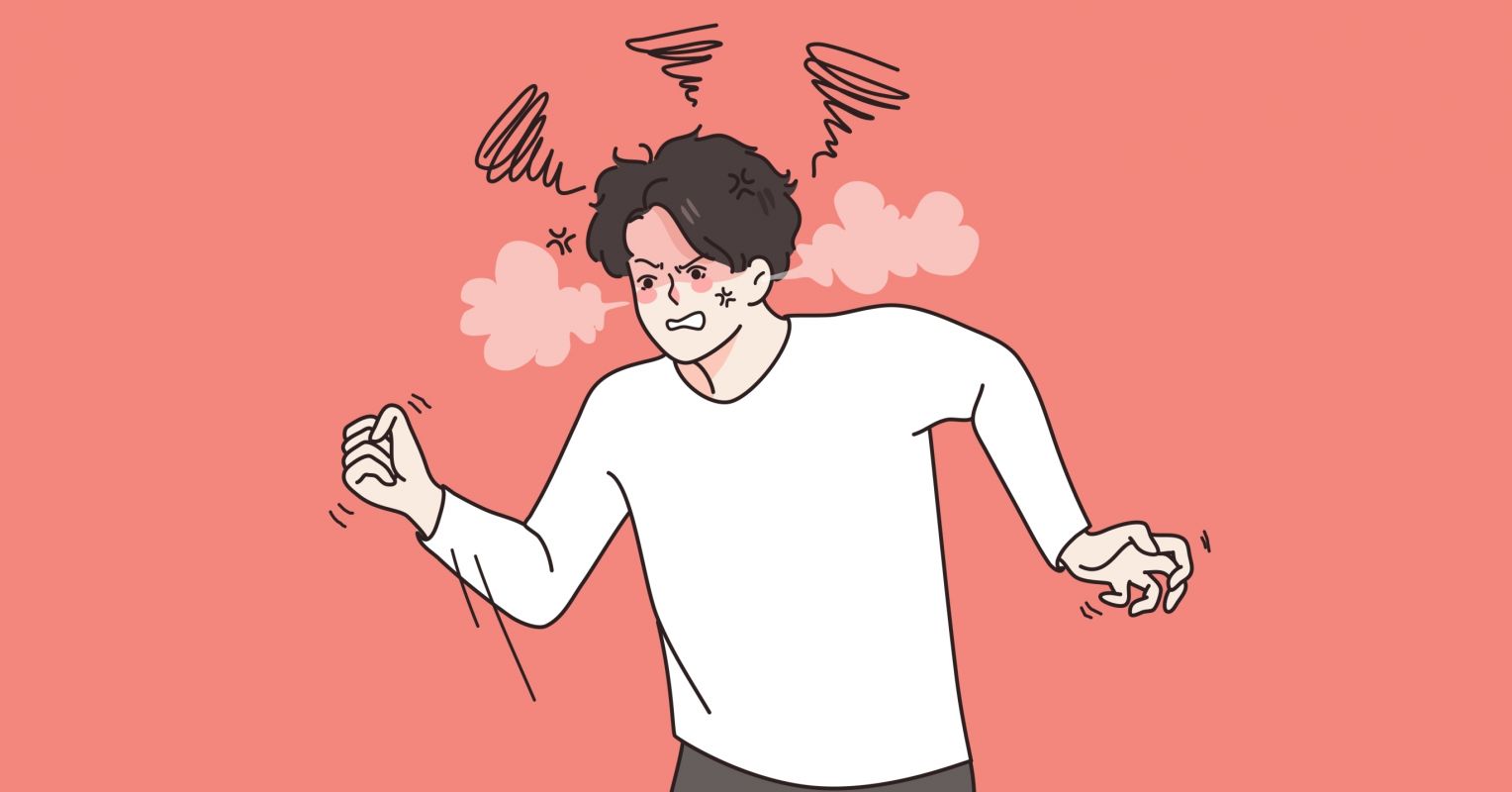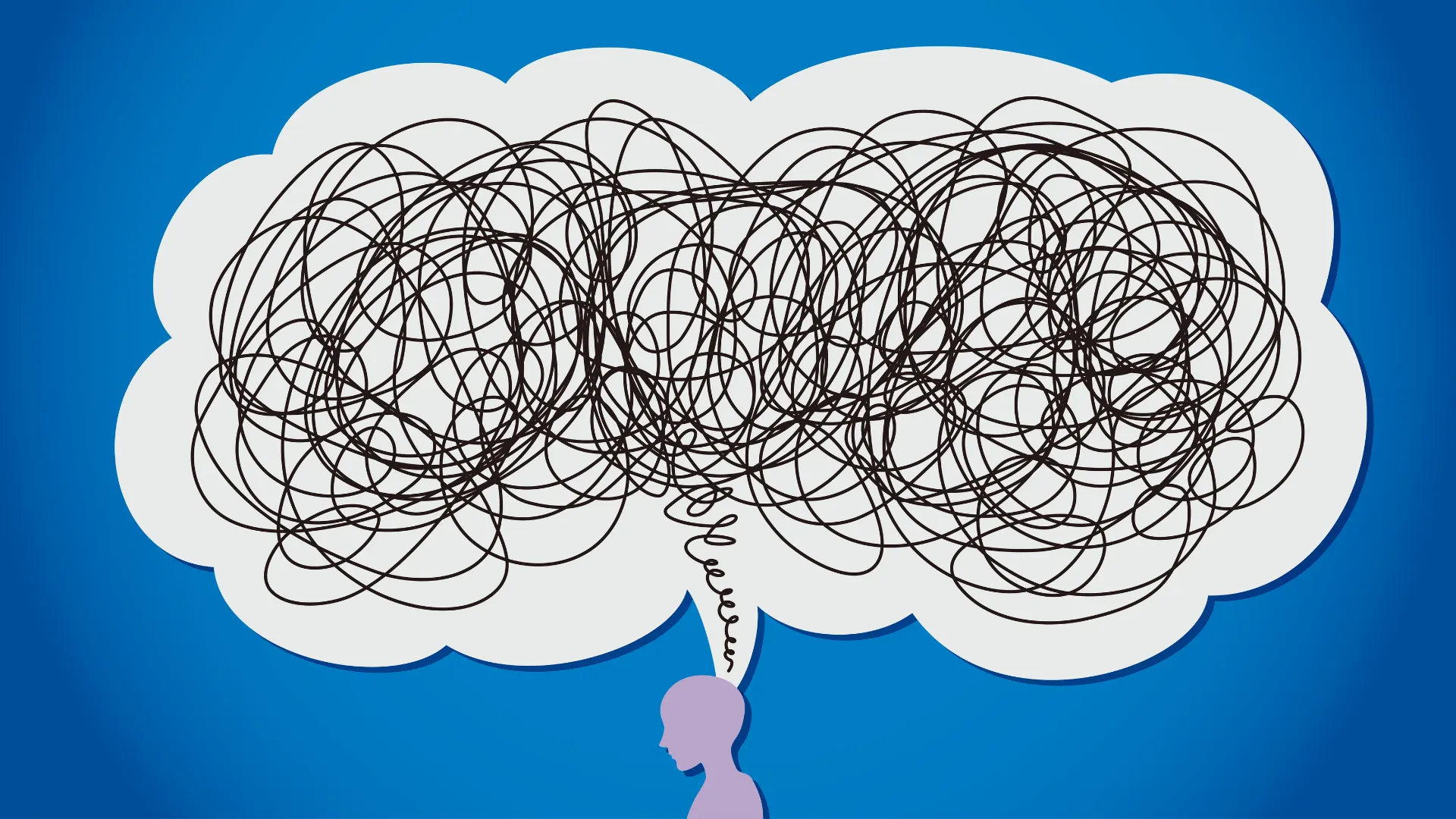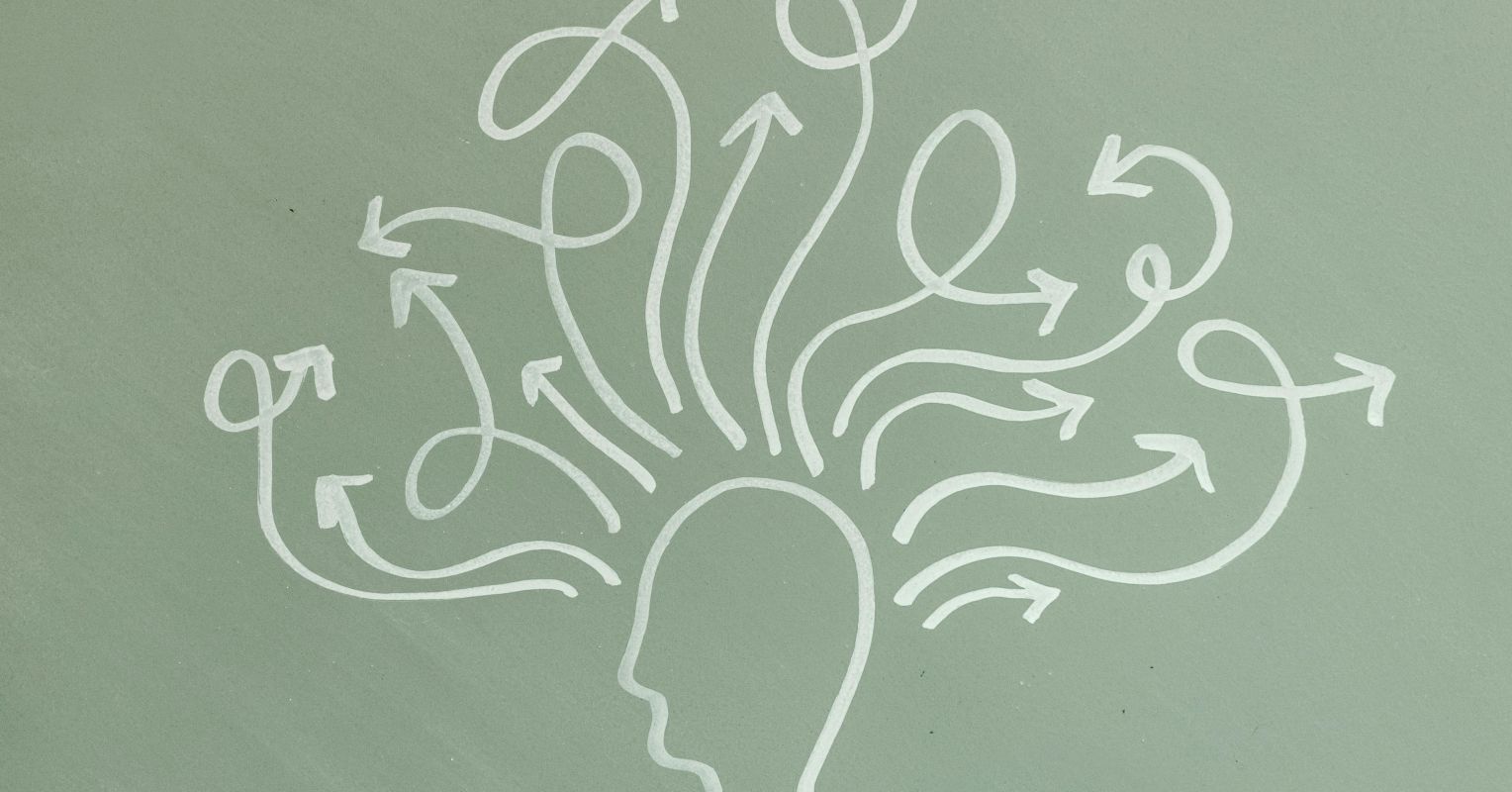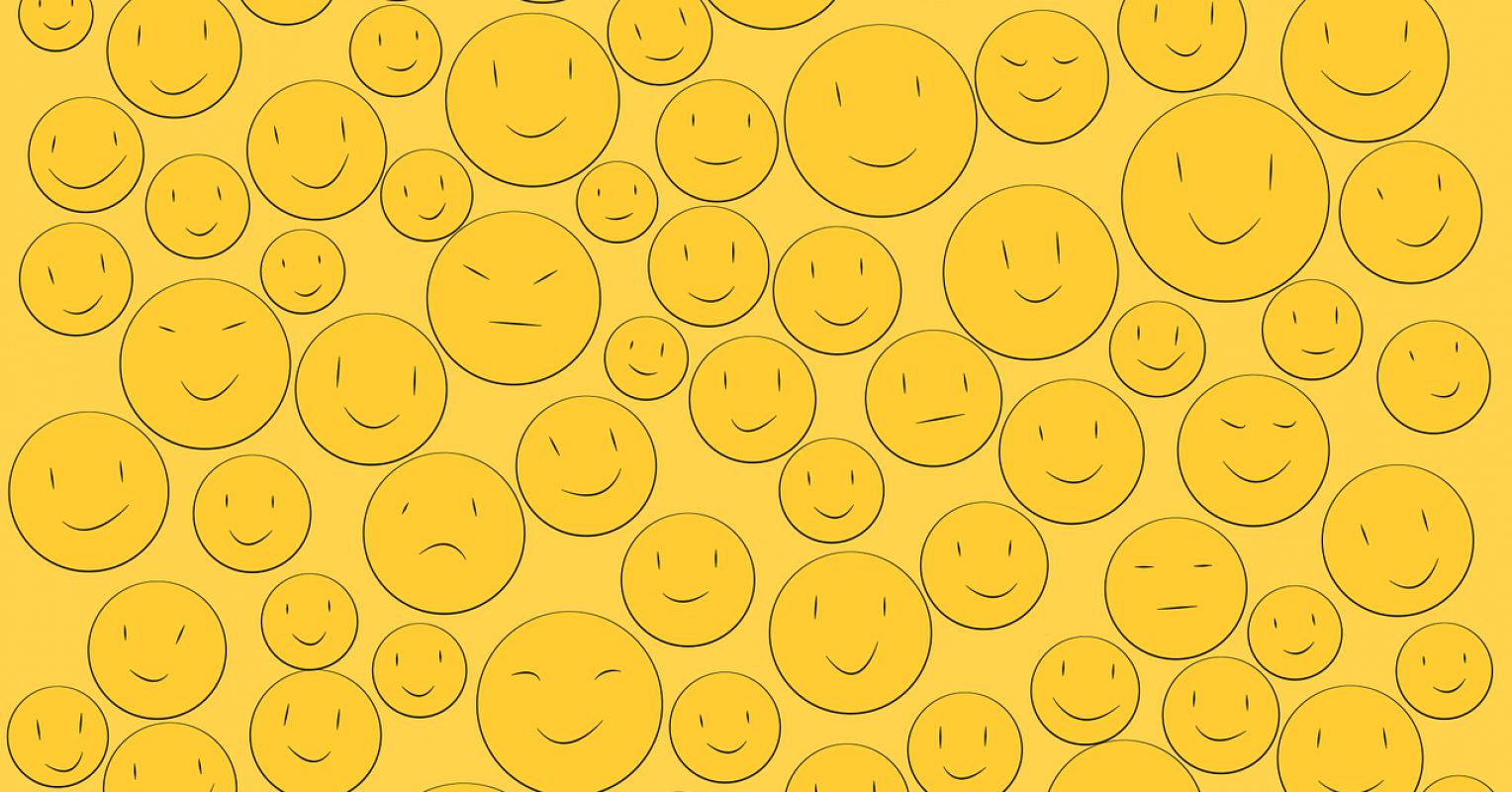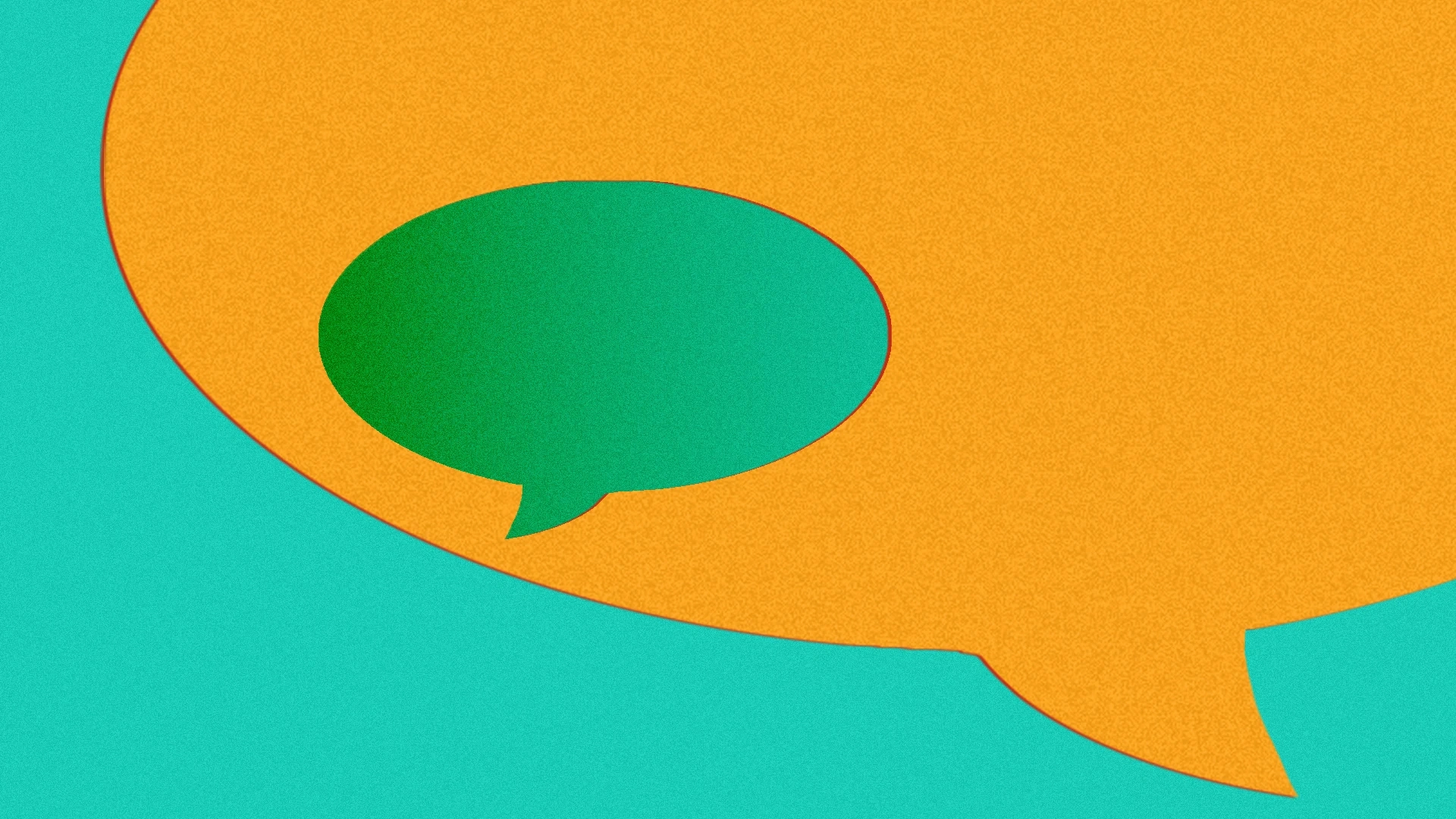#emotional-regulation
#emotional-regulation
[ follow ]
#parenting #mindfulness #conflict-resolution #anger-management #boundaries #decision-making #relationships #grief
fromSilicon Canals
1 day agoPsychology says if you can sit in silence without reaching for your phone, you possess these 8 rare qualities - Silicon Canals
Ever tried sitting alone in a room for 10 minutes without touching your phone? No scrolling, no checking notifications, just you and silence. If you just felt a twinge of anxiety at the thought, you're not alone. Most people today struggle with this simple act. We've become so accustomed to constant stimulation that silence feels uncomfortable, even threatening. But here's what's fascinating: those who can comfortably sit in silence without reaching for their devices possess certain psychological qualities that are becoming increasingly rare
Mindfulness
fromPsychology Today
1 day ago3 Tell-Tale Signs of Invisible Growth
Some of the most meaningful forms of growth an individual can experience happen beneath their conscious awareness. Typically, it registers first as discomfort, ambiguity, or even a sense of regression. When growth is happening at a person's core level, they're likely to underestimate it or misinterpret it entirely. As a psychologist, I often see individuals who assume they're "stuck" precisely when some of the most important internal shifts are underway. This is because the mind rarely announces these changes with clarity.
Mental health
fromSilicon Canals
2 days agoPsychology says if you prefer staying home on weekends, you display these 8 self-sufficiency traits - Silicon Canals
Remember those Friday afternoons when everyone's making weekend plans, and you're secretly counting down the hours until you can be alone in your own space? While your coworkers are coordinating group brunches and bar crawls, you're mentally planning which book to read, what recipe to try, or simply looking forward to uninterrupted quiet time. If this sounds familiar, you might have been on the receiving end of some well-meaning but misguided concern. "Don't you get lonely?" "You should get out more!" "You're missing out on life!" Here's what most people get wrong: preferring to stay home on weekends isn't about being antisocial, depressed, or boring. According to psychology, it's actually a sign of remarkable self-sufficiency.
Mindfulness
fromPsychology Today
3 days agoWhat Happens When We Are Triggered
Someone says something to us, and we are suddenly struck with a sinking feeling in our stomach. Someone does something, and instantly we become enraged or alarmed. Someone comes at us with a certain attitude, and we go to pieces. We hear mention of a person, place, or thing that is associated with an unresolved issue or a past trauma, and we immediately feel ourselves seize up with sadness, anger, fear, or shame.
Mindfulness
Mindfulness
fromABC7 Los Angeles
3 days agoGrogu heads to classrooms, living rooms in special Disney/LucasFilm collaboration with GoNoodle
Disney, Lucasfilm and GoNoodle released Star Wars-themed videos featuring Grogu to teach breathing, movement, mindfulness, focus, and emotional regulation for children.
fromPsychology Today
6 days agoThe Quiet Power of Coherence
A child was struggling to breathe after surgery. Monitors beeped erratically, staff spoke in rushed fragments, and fear hung in the air so thick it felt like fog. The mother stood frozen in shock. A nurse-one of those rare people who radiates groundedness-walked in. She didn't speak at first. She simply approached the mother, placed a gentle hand on her shoulder, and breathed slowly, visibly, intentionally.
Mindfulness
fromInsideHook
1 week agoA Nasty Phone Habit We All Need to Retire This Year
You can find them anywhere there are people and inclines: train platforms, gyms, grocery stores. They come in different shapes and sizes, they represent every age and demographic, but they all move in the exact same way - slow-motion shuffle, scroll, lift foot, poke screen, land foot, repeat. The worst ones get to the top (or bottom) of the stairs and suddenly stop. This would be justifiable if they received notification of a nuclear warhead careening towards the city. But it's usually just a Slack they have to read extra carefully.
Digital life
fromPsychology Today
2 weeks agoWhen to Leave a Relationship
Knowing when to leave a relationship is not a dramatic moment of collapse. More often, it is a quiet reckoning. A slow accumulation of truth. People imagine that leaving happens because love disappears or conflict explodes. In reality, many people leave because the daily effort of holding themselves together inside the relationship becomes weightier than the fear of being alone.
Relationships
fromBustle
2 weeks agoHere's Your Horoscope For Tuesday, January 13
A grounding connection forms between the moon in seductive Scorpio and Venus in committed Capricorn, setting a serious tone to your morning. Living up to promises, especially those made with a loved one, is non-negotiable. The moon's eclectic opposition to disruptive Uranus throws a wrench in your afternoon plans. However, Saturn's steady support of the moon is a reminder to stay in control of your emotional reactions, even when the unexpected occurs.
Relationships
fromPsychology Today
3 weeks agoWhy Do I Feel Lonely With People I Love?
He said it is not always about bright colors. Dark and grey tones can give an image more depth and strength than bright colors ever could. Also, it can show the rawness of a story and make it more powerful. I was not convinced. I even took a picture of the painting, thinking I would look at it again later. And it took me years to understand.
Mental health
fromPsychology Today
3 weeks agoStrengthen Your Mind the Way You Strengthen Your Body
Every January, millions of us set goals that promise control: eat better, exercise more, stress less. Yet the most transformative resolution may not be about controlling life-it's about expanding our capacity to engage with it. Stress isn't something to eliminate-it's something to train for. Just as we lift weights to strengthen our bodies, we can stretch our emotional tolerance to strengthen our minds.
Mental health
fromPsychology Today
1 month agoThe Wardrobe Reset and Emotional Alignment
January invites reinvention. Gym memberships spike, planners sell out, and wardrobes quietly become sites of negotiation. Who am I now? Who am I becoming? And what no longer fits emotionally as much as physically? While New Year resets often focus on productivity or discipline, clothing is one of the most overlooked psychological tools for change. What we wear is not superficial.
Fashion & style
fromPsychology Today
1 month agoWhy Some People Sound Calm When They're Not
In many collectivistic cultures, emotion is not experienced as purely personal. It is relational. Collectivistic cultures emphasise interdependence, social harmony, and the primacy of group well-being over individual autonomy. People tend to define themselves through relationships, roles, and obligations, and regulate their emotions in ways that maintain cohesion and respect within the in-group. Emotional expression is often moderated to preserve dignity, avoid burdening others, and protect relational stability.
Psychology
fromPsychology Today
1 month agoDistance and Destruction: The Forces Driving Conflicts
Most couples believe their recurring conflicts revolve around the issue at hand-what was said, what was forgotten, what should have happened differently. But in our work as clinicians, and in our own relationship, we've learned that it's not only the content of the conflict that matters. How partners respond to the conflict plays an equally important role in how quickly-and how well-they recover.
Relationships
fromPsychology Today
1 month agoUsing Bedtime Stories to Create Healthy Narratives in Kids
Reading your child a bedtime story-or making one up yourself-has so many benefits, but there's one that is often overlooked: Bedtime stories create powerful narratives in your child that you choose. (For more on narratives and why they're crucial for parents to know about, see this post.) How stories become narratives Children's stories affect kids on an emotional level. For instance, let's take the common absent-parent-returns-home story.
Books
fromPsychology Today
1 month agoSurrounded by Leftover Holiday Food and Feelings?
In the days leading up to the event, we scramble to keep up with our daily obligations while preparing food, decorating, and traveling. The day itself often flies by, leaving us exhausted and hopefully content. But the day after the holiday can be a letdown. If we enjoyed the festivities, we have to wait another year to repeat the event. When things don't go well, we grapple with disappointment or other complex feelings.
Mindfulness
fromPsychology Today
2 months agoWhen Your Adult Child Lashes Out: Here's Why and What to Do
No parent imagines being disrespected by their adult child. Yet each week in parent coaching sessions, I hear about good, loving parents who feel blindsided when their adult son or daughter pulls away, lashes out, or treats them as if they are the problem. Sure, you made mistakes as a parent, but assuming your heart has been in the right place, just remember that the only perfect people are in the cemetery.
Parenting
fromwww.theguardian.com
2 months agoAre you stuck in ordinary - but devastating - narcissism? There is a way out
Next: different walks around different parks with different friends, each with the same feeling of being warmed from the inside out; also, bumping into neighbours at the playground and feeling a part of my community. I remember powerful moments with my patients, who have felt understood, by me and within themselves. And I think of the moving messages from readers who have got in touch, sharing precious stories from their lives.
Psychology
fromPsychology Today
2 months agoManaging Emotional Triggers During the Holidays
These triggers often show up in ordinary moments. Maybe it's the tone of a relative's voice that feels critical, the stress of hosting a party, or seeing a social media post that highlights someone else's "perfect" holiday. You might notice your chest tightening or that you feel on edge around a family member who drinks too much, or suddenly tear up when a holiday tradition reminds you of someone you've lost.
Mindfulness
fromTiny Buddha
2 months agoHow to Return to Emotional Safety, One Sensory Anchor at a Time - Tiny Buddha
"In a sense, we are all time travelers drifting through our memories, returning to the places where we once lived." ~Vladimir Nabokov I found it by accident, a grainy image of my childhood bedroom wallpaper. It was tucked in the blurry background of a photo in an old family album, a detail I'd never noticed until that day. White background.
Mindfulness
fromPsychology Today
2 months agoHow To Navigate Thanksgiving Stress Without Losing Your Mind
You can't control what other people say or do, but you can control your responses and how you carry yourself in stressful circumstances. A friend or family member may say something you disagree with, and your first impulse might be to persuade, convince, or argue with them. Such disagreements are common forms of family conflict that often arise for many during the holidays.
Mindfulness
Parenting
fromBuzzFeed
2 months ago'I Took My Kids' Tablet Devices Away - Parenting Has Never Been Easier'
Reducing children's screen time can re-engage senses, improve emotional regulation and behaviour, and foster calmer, more cooperative family relationships when balanced with realistic family needs.
fromPsychology Today
2 months agoHow Self-Compassion Protects Against Quiet Cracking
When you're quietly cracking-maintaining your professional performance while experiencing significant internal distress-that inner critic often becomes relentless. It tells you everyone else is handling things better. That you're weak for struggling. That you need to push harder. But our recent research with more than 1,000 people reveals this: That self-critical voice isn't helping. It's making things worse. Are You Reaching for Self-Criticism or Self-Compassion?
Mental health
fromPsychology Today
2 months agoYou're Not Bored, You're Just Regulated
I sat in my therapist's office and said the words out loud for the first time: "That lightning isn't there." I was talking about Vanessa. About how when she touched me there was this comfort and calm I hadn't felt before. It lingered. It confused the hell out of me. Every relationship before her? Lightning. That activated, can't-eat-can't-sleep, my-stomach-is-in-knots feeling. The kind of intensity that made me feel alive. The kind I thought was proof we were meant to be.
Mental health
fromPsychology Today
3 months agoAdapted Cognitive Behavioral Therapy for Misophonia
Misophonia is an intricate condition characterized by an intense emotional and physiological fight-flight-freeze response to specific auditory or visual triggers. Crucially, it is understood as a primary neurophysiological disorder, not a phobia or a fear-based condition, a distinction that fundamentally dictates the appropriate therapeutic approach. Treatment must therefore focus on surrounding the moment of distress and adapting to the complex emotions and behaviors that arise, rather than targeting the trigger itself.
Mental health
fromBuzzFeed
3 months agoAre You Mean When You're Overstimulated? There's Actually A Reason For That.
A few weeks ago, a viral tweet perfectly captured a phenomenon familiar to many of us. The post ― a response to someone's question "what's your biggest ick about yourself?" ― read simply: "i can be really mean when i'm overstimulated." Judging by the retweets, it seems 55,000 people could relate. If you've ever snapped at your partner after a bad day, or had an outburst during a frustrating call with a customer service agent, you may understand the meaning behind the tweet. We're not exactly at our best in moments like these, but they're part of the human response to being overstimulated.
Mental health
[ Load more ]
